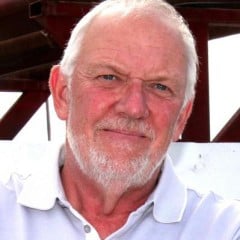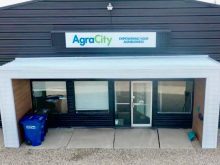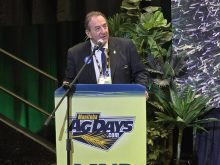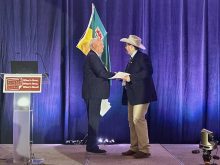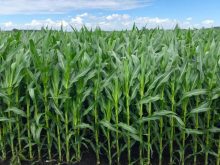Ryan and Lauren Maurer may farm in central Saskatchewan, but a good part of their business focus is on bread in England and beer in Japan.
With a land base of 11,000 acres — about 9,500 of that in annual crop production — the Maurers, who farm near Grenfell, east of Regina, on the edge of the Qu’Appelle Valley, say the right combination of crop production and management makes it possible for them to access markets anywhere in the world. Supplying grains to bread and beer makers is just an example of opportunities available.
Read Also
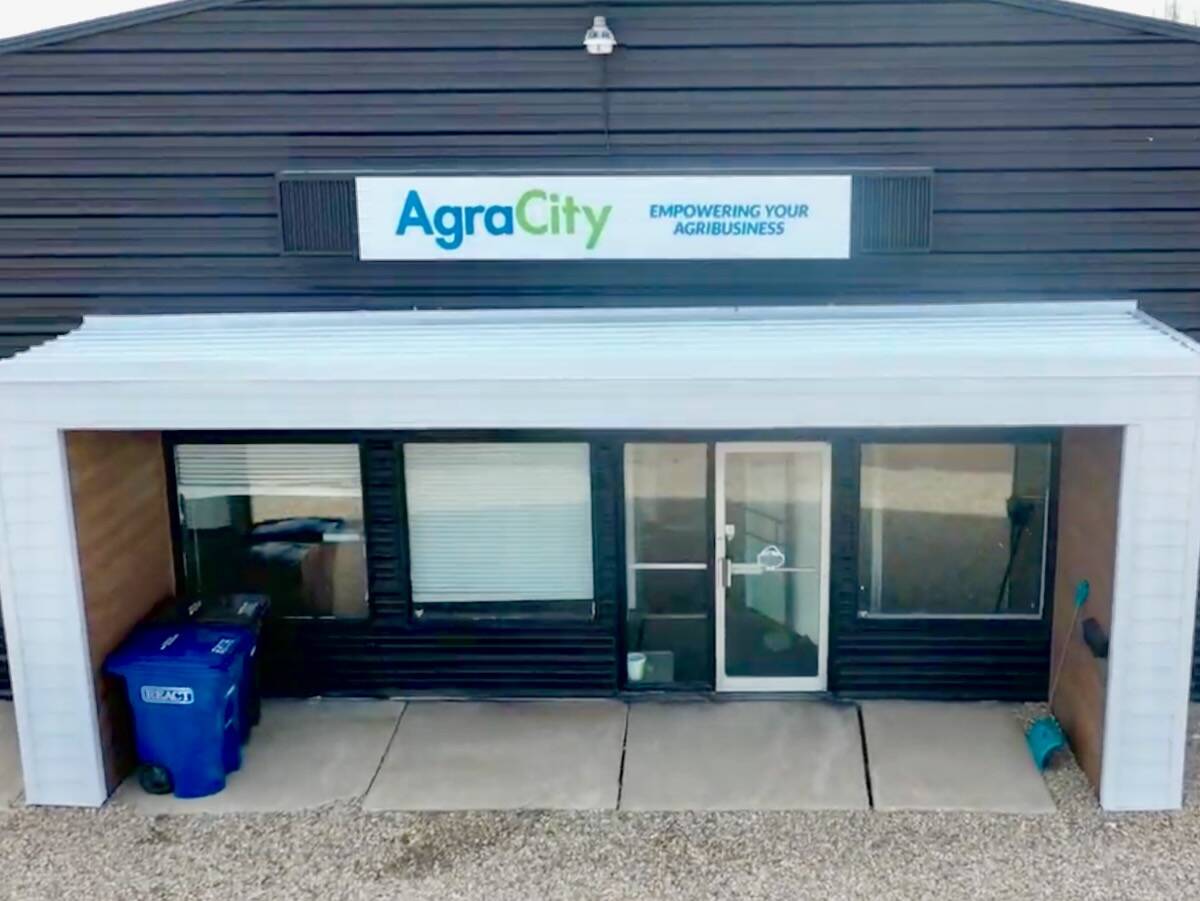
AgraCity’s farmer customers still seek compensation
Prairie farmers owed product by AgraCity are now sharing their experiences with the crop input provider as they await some sort of resolution to the company’s woes.
The Maurers have refined their production, management and marketing strategy over the past 18 years. They were among the first (starting in 1996) and have become the largest Canadian supplier of wheat for the well-known Warburtons bakery in the U. K. Half of their malt barley is marketed to Sapporo brewery in Japan, the other half is sold through a direct-to-maltster relationship with Canada Malting. Flax is marketed to Bioriginal Food &Science, a pharmaceutical company at Saskatoon.
“Over the years we have developed a focus on meeting consumer demand, which has led us to work with reputable companies to produce wholesome foods,” says Lauren, who along with her husband were earlier this year named Saskatchewan’s Outstanding Young Farmers for 2010.
BREAKING INTO GLOBAL MARKETS
The Maurers have paid attention to not only good crop production practices but have developed the management skills needed to access global market opportunities. About 75 per cent of their total crop production is covered by some form of identity-preserved (IP) production contract, which does require more management, but also provides a higher return.
As part of their overall business plan, they follow on-farm food safety protocols, are Hazard Analysis and Critical Control Point (HACCP) compliant. They see opportunities in the future for development of branded farm products in the face of increasing interest in traceability of agricultural products.
They anticipate, one day, consumer products with UPC barcodes, which will identify their farm as the origin of production. They even paid attention as they named their farm, Land and Sky Grain Inc. to use words they believed would help consumers identify with clean air, healthy soils and blue skies.
“Looking ahead with the potential for food shortages in the world, and with increasing demand for traceability of products, there could be a lot more demand for IP crop production,” says Ryan. “Our approach has been to take a large-scale farming operation and look at direct marketing opportunities. Consumer requirements — their needs and wants — are out there. There may not always be a sufficient demand in a local area, but the requirements are still out there somewhere. We are attempting to supply what people want, not just at a community-shared agriculture level, but perhaps more at a world-shared agriculture level.”
THE IMPORTANCE OF A PLAN
The Maurers, who started with 320 acres, produce a wide range of crops including wheat, barley, pulses, oilseeds and spices. Today, with their family of four children, they are not only involved in the local community but also look at the big picture of the agriculture industry.
They have developed a strategic business plan. Their vision is to empower sustainable agriculture, and their mission statement is to seek fitting and viable growth.
“And growth doesn’t necessarily mean farming more acres,” says Ryan. “It could mean getting a better price for a commodity we produce. But our goal is to achieve annual growth somewhere.”
Key elements of their vision are aimed at environmental, social and economic sustainability. To achieve that they follow sound continuous cropping, zero-till farming production practices, and they manage land that is marginal for crop production for wildlife habitat and other compatible uses.
On the social side they are actively involved in the community, hire local workers, as well as qualified employees from other parts of Canada or the world. And they enjoy hosting international visitors to show them large scale farming practices. Economically, they have focused on diversified crop production, and producing crops for international markets.
LIFE-LONG LEARNING
Keeping pace with change in the agriculture industry has meant continuing education for the Maurers. Lauren is currently taking an agronomy course to keep current on production practices and technology, and they have both been involved in improving management skills through programs such as the Canadian Total Excellence in Agricultural Management (CTEAM) program offered by the George Morris Centre; courses at the Richard Ivey School of Business, University of Western Ontario; Saskatchewan Agrivision CEO training and networking through AgMpower Executive Producer Group.
The Maurers are very positive about the future of agriculture. “We have four young children, ages six to 13, who work alongside, and when we can, play alongside us, so we want them to have the best view of the agriculture industry, and see that it can be a thriving business,” says Lauren. “It gives them the option as they grow and begin their careers to view farming as a viable career. If they decide to do something else that is fine too, but at least they have the option.”
And Ryan says as long as he is prepared for change, it remains a good business. “I think some of the best times in agriculture are just starting to unwind,” he says. “There are going to be some ups and downs, but those down times as my dad says ‘just build character.’ I think we will see more volatility in the industry, both with the cost of inputs and with prices, but the challenge is to read the markets and have plans in place to mitigate the risk. I think it is important, too, to make decisions based on the best information available, but then be happy with the decision regardless of what happens. They’re not all going to be the right decision, but don’t beat yourself up over it. Consider it the right decision made with the best information you had at that time.”
LeeHartisafieldeditorforGrainewsin Calgary.Contacthimat403-592-1964orby emailat [email protected].

